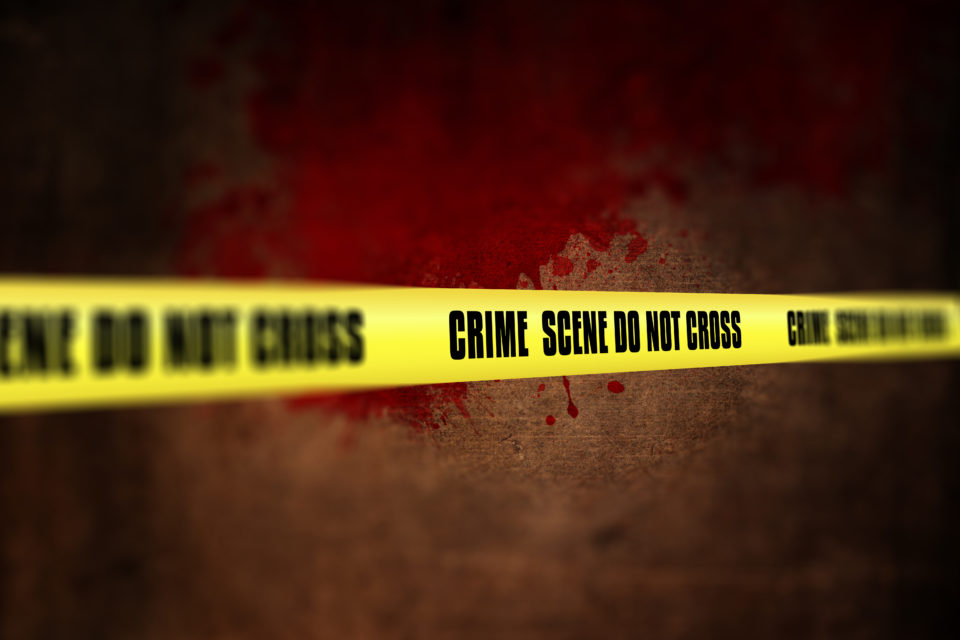
The President of El Salvador, Nayib Bukele, requested the country’s Legislative Assembly to decree a state of emergency in the face of a wave of murders during the recent weekend.
There were 76 homicides in 48 hours, 14 on Friday, and 62 on Saturday, the most violent day in the recent history of El Salvador since the end of the civil war.
This followed months of low daily murder rates, which were touted as an achievement of the Territorial Control security plan implemented by the Bukele administration.
The state of exception, which will initially last 30 days, allows the President to restrict the freedom to enter and leave the country, the freedom of expression, the inviolability of correspondence, or the prohibition of the intervention of telecommunications without a court order. Freedom of association and the right to be informed of the reasons for an arrest were also suspended. In addition, the period of detention was extended to 15 days, when the usual period is 72 hours.
The measure, approved by 67 deputies out of a total of 84, was a mere formality for Bukele, who controls 64 congressmen and, with this, the legislative power. It is worth noting that before requesting the state of exception, Bukele issued a threat to judges who might be tempted to hear possible human rights violations by the security forces: “we will be on the lookout for judges who favor criminals,” he wrote on Twitter, in yet another of his authoritarian statements.
It is worth recalling that in February 2020, Bukele sent armed troops to Congress as he demanded that lawmakers approve his plan to secure a $109 million loan to tackle gang violence.
El Salvador has a long history of organized crime groups fighting against security forces and controlling territory and drug routes in Central America. These gangs have more than 70,000 members and function as the armed wing of an illegal economy that operates through extortion and contract killing in businesses such as drug and arms sales.
Until this bloody weekend, Bukele’s government and the three Salvadoran gangs: MS13, better known as Mara Salvatrucha; Barrio 18, and 18-R, maintained a secret pact that reduced violence in the country. The agreement granted prison privileges and curbed the extradition of the leaders, among other benefits, in exchange for ending homicides, which had decreased by 15 percent this year. The United States accused the Bukele administration of handing out cell phones and prostitutes to imprisoned gang leaders.
This pact, which has been insistently denied by Bukele, but revealed by the Salvadoran newspaper El Faro and confirmed by the United States, has so far allowed him to govern with high popularity ratings thanks, among other things, to the security achieved in the streets. One proof that the pact was working until recently was the release of Helmer Canales Rivera, alias Crook, one of the leaders of the MS13, who was wanted by a New York court.
Given that many of the murders were random, it could be a message from the gangs, which maintain a presence throughout the continent, to Bukele’s government, due to some disagreement in the secret pacts, which has once again brought mourning to this battered country. Among the reasons mentioned is the fact that the authorities took control of two minibus routes, which are a source of extortion business for criminal groups.
In just two days, Salvadoran police arrested nearly 600 criminals.














